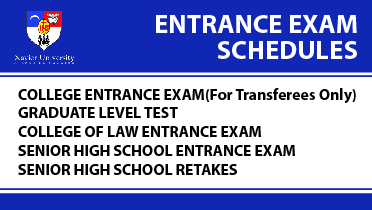WebInfo
| Name and Designation | Photo |
Belinda Calibo PhD |  |
| Noel Bacoto MA Department Chair |  |
Nolan Dangazo MA | 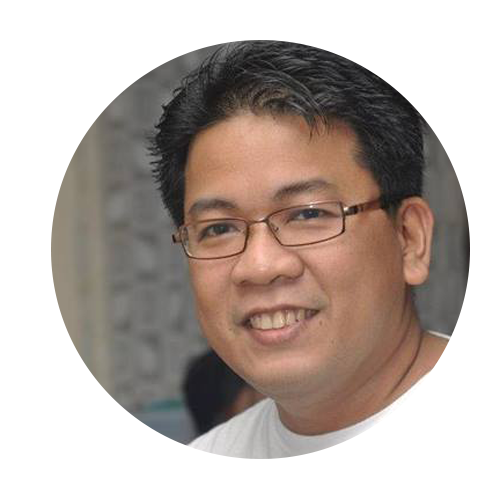 |
Jimmy Duhaylungsod MA | 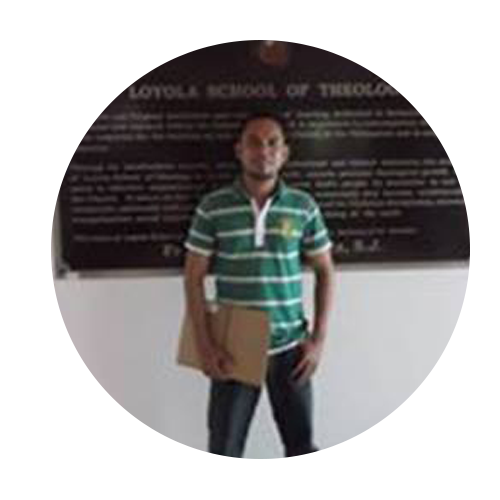 |
Shahani Damolo BS | 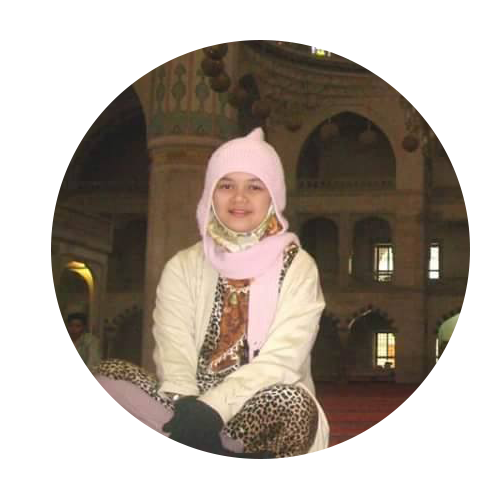 |
Peter Rufino Baltazar MA | 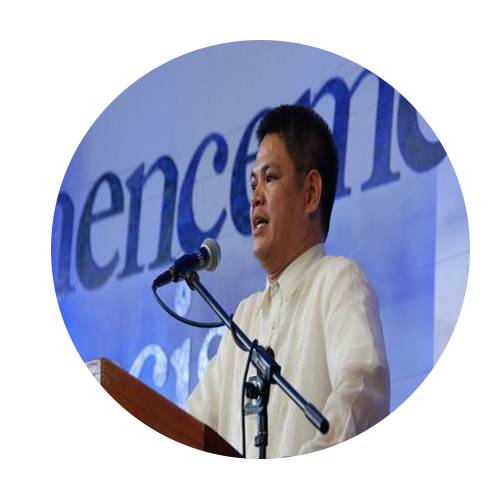 |
Runil Cotejar MA | 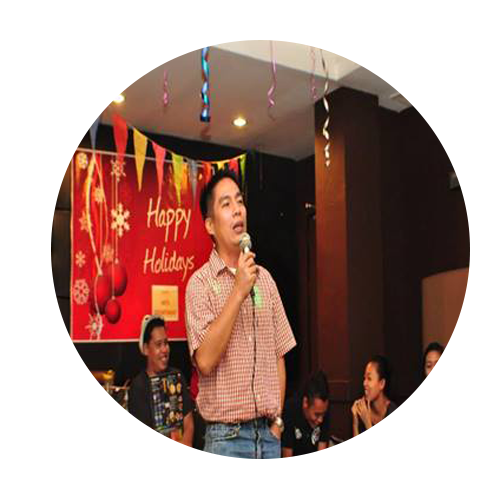 |
Jaime Lachica MA | 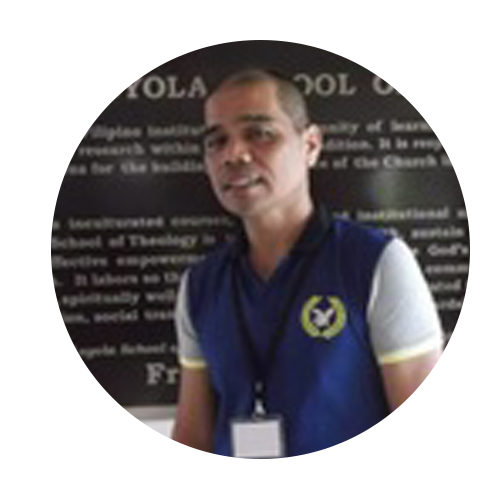 |
Adlai Valledor MA |  |
Justiniano Damiao MA |  |
Napoleon Joyo MA |  |
Jalani Pamlian |  |
COLLEGE ENTRANCE EXAM
(For Transferees Only)
Entrance Examination Schedule
For 1st Semester SY 2017
DATE/S:
APRIL 3-7, MAY 15-19, 22-26, 29-31, 2017 (Mondays-Fridays Only)
TIME:
9AM and 2PM ( BE @ TESTING CENTER 30 MINS BEFORE THE TIME )
REQUIREMENTS:
- Note of Acceptance from the College Dean
- Php300 Examination Fee ( pay @ Finance Office )
- 1pc. 1X1 Picture ( recent )
- Mongol #2 Pencils
GRADUATE LEVEL TEST
Entrance Examination Schedule
For 1st Semester SY 2017
DATE/S:
MARCH 4,11,18,25, APRIL 29,
MAY 6,13,20,27, 2017 (Saturdays)
TIME:
8:00 AM ( BE @ TESTING CENTER 30 MINS BEFORE THE EXAM SCHEDULE )
REQUIREMENTS:
- TOR (original )
- Php500 Examination Fee ( pay @ Finance Office )
- 1X1 Picture ( recent )
- Mongol #2 Pencils
COLLEGE OF LAW
Entrance Examination Schedule
For 1st Semester SY 2017
DATE/S:
APRIL 27, MAY 4,11,18,25, 2017 (Thursdays)
TIME:
7:30 AM ( BE @ TESTING CENTER 30 MINS BEFORE THE TIME )
VENUE:
Campion Hall Room 108 ( CH108)
XU Main Campus, Corrales Ave.,
Cagayan de Oro City
REQUIREMENTS:
- TOR ( original )
- Php500 Examination Fee ( pay @ Finance Office )
- 1X1 Picture ( recent )
- Mongol #2 Pencils
FOR SENIOR HIGH SCHOOL RETAKES
DATE :
March 4 & 8, 2017
April 4, 11, 18, 25, 2017
TIME: 9:00 AM
(Be @ the Testing Center 30 minutes before the Exam schedule)
REQ’S:
1. Testing Fee 250.00 (Bring Official Receipt)
2. Grade 10 ID
3. Pencils #2
Pre-registration is highly encouraged
SENIOR HIGH SCHOOL ENTRANCE EXAMINATION SCHEDULES FOR SY 2017-2018
MWF whole month of April starting April 3 except public Holidays.
TIME: 7:30 AM
(Be @ the Testing Center 30 minutes before the Exam schedule)
REQ’S:
1. Testing Fee 250.00 (Bring Official Receipt)
2. Grade 10 ID
3. Pencils #2
Pre-registration is highly encouraged
RS 15: Introduction to Scriptures & Old Testament
The course introduces the students to the study of the Sacred Scriptures as the Word of God. It especially focuses on the Old Testament that prepares the People of God for the coming of the Son of God, Jesus Christ- our Savior. It presents Divine Revelations in the development of the Bible of the latter`s purpose in the life of the Church. It likewise provides students the basic principles and techniques in the interpreting text in the Bible. Finally, it directly guides the students in using the Bible for a prayerful encounter with God in their daily lives and in dealing with the poor of the society.
RS 20: Christology
The course introduces students to Jesus Christ, the Word of God, through the New Testament and the official Church pronouncements. It also presents the history, language, religion and socio-economic background related to the New Testament times. Finally, it prepares students to deepen their relationship with Jesus as their Lord and Savior through the Bible, liturgical celebrations, personal prayer life and exposure to the poor of God in Cagayan de Oro.
RS 35: The Church and Sacraments
The course presents the essentials of the Catholic Faith (especially focusing on the Church and the seven ritual sacraments) grounded on the Bible and the Magisterium, enriched by a dialogical interplay with the Filipino dynamic experiences and culture. It also delves into the nature of the Church, Catholic prayer and worship. The seven ritual sacraments are given focus- underscoring their significance in the life of a Christian as he/she relates to Christ, His people, and God`s creatures. Finally, a special emphasis is given on the Role of the Blessed Virgin Mary in the Economy of Salvation.
RS 55: Christian Morality and Social Teachings of the Church
The course is a fusion of religious studies for all students- regardless of religion. It begins with the foundation of Christian morality, followed by the morality of human sexuality, the Social Agenda of the Church and ends with the foundation and principles of the inter-religious dialogue. The students are likewise exposed to the current socio-economic-political concerns of the Church and given the opportunity to deepen their commitment for the emancipation of the poor and the marginalized through the departmental apostolates.
MRS 15: Basic Teachings of the Qur`an
This course deals with the study of the basic teachings if Islam covering the five pillars of Islam and the six articles of faith.
MRS 20: Social Teaching of Islam
This course deals with the study of the social teachings of Islam covering the social dimensions in the Qur`anic and Sunnah point of view. It also seeks to study the life of Prophets Muhammad (peace and blessings of Allah be upon him) whose life was a social model for the human race, particularly for Muslims all over.
MRS 35: Introductions to Shari`ah Laws
This course orients the students on the basics of Shari`ah Laws as presented in the Holy Qur`an and Sunnah.
COLLEGE ENTRANCE EXAM
(For Transferees Only)
Entrance Examination Schedule
For 1st Semester SY 2017
DATES: APRIL 3-7, MAY 15-19, 22-26, 29-31, 2017 (Mondays-Fridays Only)
TIME: 9AM and 2PM ( BE @ TESTING CENTER 30 MINS BEFORE THE TIME )
REQUIREMENTS:
- Note of Acceptance from the College Dean
- Php300 Examination Fee ( pay @ Finance Office )
- 1pc. 1X1 Picture ( recent )
- Mongol #2 Pencils
GRADUATE LEVEL TEST
Entrance Examination Schedule
For 1st Semester SY 2017
DATES: MARCH 4,11,18,25, APRIL 29, MAY 6,13,20,27, 2017 (Saturdays)
TIME: 8:00 AM ( BE @ TESTING CENTER 30 MINS BEFORE THE EXAM SCHEDULE )
REQUIREMENTS:
- TOR (original )
- Php500 Examination Fee ( pay @ Finance Office )
- 1X1 Picture ( recent )
- Mongol #2 Pencils
SENIOR HIGH SCHOOL RETAKES
DATE:
March 4 and 8, 2017
April 4, 11, 18, and 25, 2017
May 4, 8, 11, 15, 18, 22, 25, and 29, 2017 (Mondays and Thursdays only)
TIME: 9:00 AM
(Be @ the Testing Center 30 minutes before the Exam schedule)
REQUIREMENTS:
1. Testing Fee 250.00 (Bring Official Receipt)
2. Grade 10 ID
3. Pencils #2 Pre-registration is highly encouraged
SENIOR HIGH SCHOOL ENTRANCE EXAM
DATE: MWF for the whole month of April starting April 3 (xcept public holidays) || May 2, 9, 16, and 23, 2017
TIME: 7:30 AM (Be @ the Testing Center 30 minutes before the Exam schedule)
REQUIREMENTS:
1. Testing Fee 250.00 (Bring Official Receipt)
2. Grade 10 ID
3. Pencils #2
Pre-registration is highly encouraged
